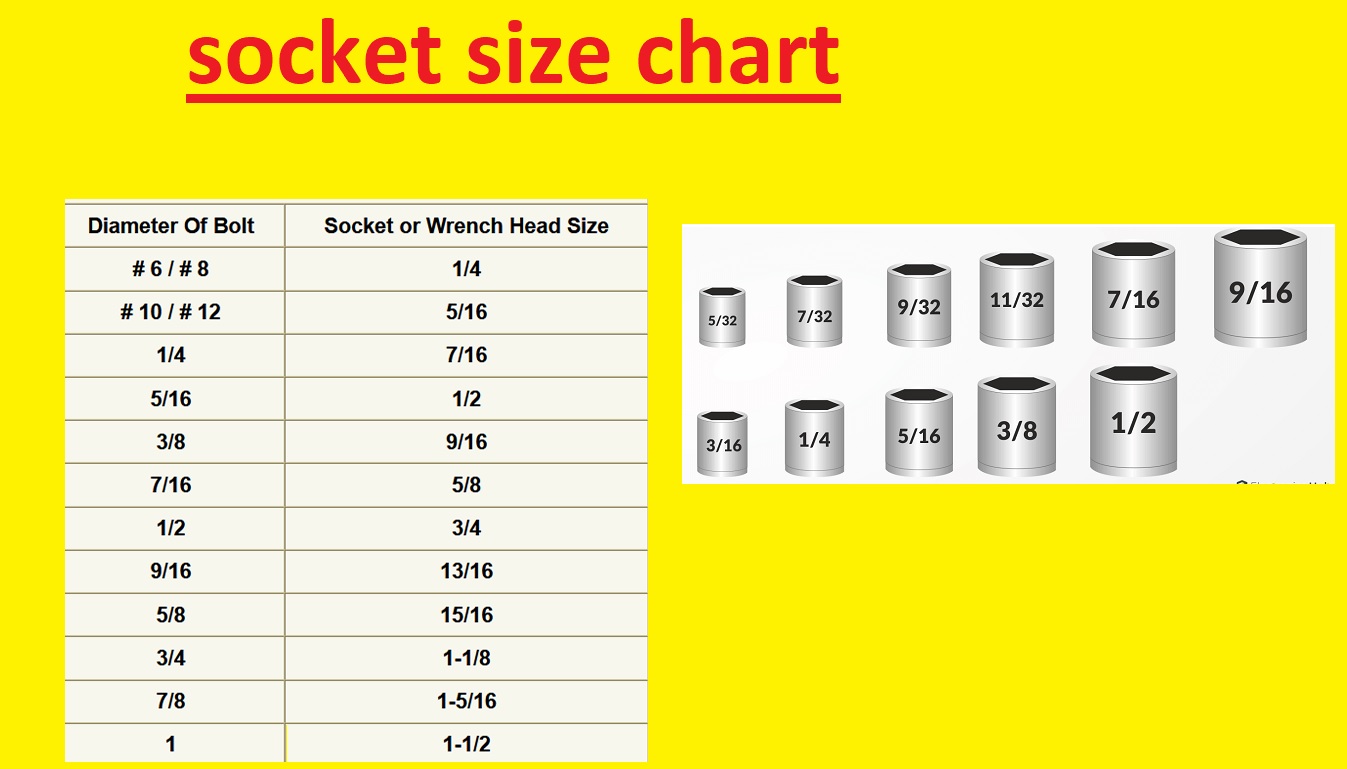Why You Keep Grabbing the Wrong Socket: Comparing Metric and SAE Socket Sizes
You're elbow-deep in an engine rebuild, sweat dripping into your toolbox, and BAM – you need a 10mm socket. But wait, your trusty set only speaks SAE. Sound familiar? The great socket size divide has plagued wrenchers since, well, forever. But fear not, intrepid DIYer! Understanding the difference between metric and SAE sockets is easier than you think.
Let's rewind the clock. SAE, or Society of Automotive Engineers, hails from the land of apple pie and muscle cars. Their system, based on inches, dominated American workshops for decades. Then came the metric system, all sleek and logical with its millimeters. Europe embraced it, Asia followed suit, and suddenly, your socket set needed a translator.
The crux of the matter? They measure differently. An SAE socket might be 3/8”, while its metric cousin measures in at 10mm. Seems straightforward, but throw in fractions, decimals, and a dash of grease under your fingernails, and things get messy. Fast.
The good news is you don't need a degree in engineering to master this. A simple chart comparing metric and SAE sizes is your best friend. Print one out, stick it on your toolbox, and breathe a sigh of relief.
Remember that time you tried forcing an SAE socket onto a metric bolt? Yeah, let's not do that again. Using the wrong system risks rounding off bolts, damaging your tools, and triggering a torrent of frustrated muttering. Stick to the right system, and your projects will go much smoother.
Advantages and Disadvantages of Metric and SAE Sockets
| Feature | Metric (mm) | SAE (inches) |
|---|---|---|
| Measurement System | Decimal (e.g., 10mm, 13mm) | Fractional (e.g., 1/4", 3/8") |
| Prevalence | More common in modern vehicles (especially imports) | More common in older American vehicles |
| Ease of Use | Generally considered easier to learn and use due to the decimal system | Can be confusing for beginners due to fractions |
Best Practices for Dealing with Metric and SAE Sockets
Navigating the world of sockets doesn't have to be a wrenching experience. Here are a few tips to keep your sanity intact:
- Know Your Vehicle: Is it a classic American car? SAE is your jam. A sleek import? Metric is the way to go. When in doubt, check the owner's manual or a quick Google search.
- Invest in Both: Yes, it means two sets, but trust us, it's worth it. A basic set of each will cover most situations and save you countless headaches.
- Mark Your Territory: Use colored tape or markers to differentiate your SAE and metric sockets. This visual cue will prevent mix-ups and angry outbursts.
- Embrace the Chart: Seriously, that conversion chart is your new best friend. Keep it handy and refer to it often, especially when starting out.
- Start with the Right Size: Don't force it! If a socket doesn't fit easily, it's likely the wrong system. Take a breath, consult your chart, and find the right match.
Remember, the goal is to conquer that repair, not become a prisoner of your toolbox. So, the next time you're facing down a stubborn bolt, remember these tips, grab the right socket, and wrench with confidence.

Socket Sizes In Order Standard | Kennecott Land

List Of Socket Sizes | Kennecott Land

Socket Wrench Conversion Chart | Kennecott Land

Printable Socket Size Chart | Kennecott Land

SAE TO METRIC WRENCH INTERCHANGE | Kennecott Land

Standard Socket Wrench Size Chart | Kennecott Land

Wrench Conversion Chart For SAE Metric Sizes W/ Bolt Diameter Guide | Kennecott Land

Socket Wrench Conversion Chart | Kennecott Land

Metric To Standard Socket Conversion Chart | Kennecott Land

Sae Size Chart Sockets | Kennecott Land

Wrench And Socket Size Chart | Kennecott Land

Standard Socket Sizes In Order | Kennecott Land

compare metric socket to sae socket sizes | Kennecott Land

Sae To Metric Chart | Kennecott Land

Sae Size Chart Sockets | Kennecott Land